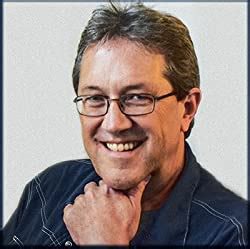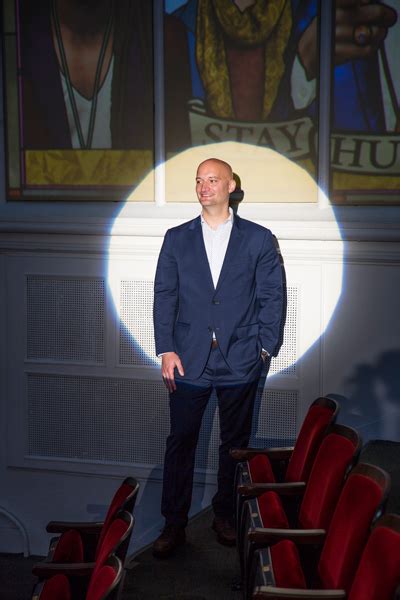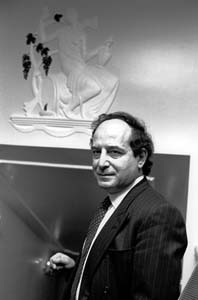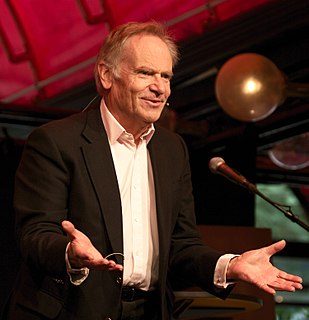A Quote by Albert Schweitzer
No man need fear death, he need fear only that he may die without having known his greatest power: the power of his free will to give his life for others
Related Quotes
The man who has lived his life totally, intensely, passionately, without any fear - without any fear that has been created in you by the priests for centuries and centuries - if a person lives his life without any fear, authentically, spontaneously, death will not create any fear in him, not at all. In fact, death will come as a great rest. Death will come as the ultimate flowering of life. He will be able to enjoy death too; he will be able to celebrate death too.
How to forgive a murderer? First, by differentiating his sufferings from his exploitation of death to ease them. For his sufferings - greed, jealousy, frustration - he will need reeducation, support and, compassion. For our outrage about murder, we need to examine deeply our faith in death. As long as we collectively believe that death has power over life, we will spawn deluded, self-appointed little gods who want that power.
To repress rebellion is to maintain the status quo, a condition which binds the mortal creature in a state of intellectual or physical slavery. But it is impossible to chain man merely by slaving his body; the mind also must be held, and to accomplish this, fear is the accepted weapon. The common man must fear life, fear death, fear God, fear the Devil, and fear most the overlords, the keepers of his destiny.
Today, when death and old age are increasingly concealed behind euphemisms and comforting baby talk, and life is threatened with being smothered in the mass consumption of hypnotic mechanized vulgarity, the need to confront man with the reality of his situation is greater than ever. For the dignity of man lies in his ability to face reality in all its senselessness; to accept it freely, without fear, without illusions - and to laugh at it.
Only children believe they're capable of everything. They're trusting and fearless; they believe in their own power and get exactly what they want. When children grow up, they start to realize that they're not as powerful as they thought and that they need other people in order survive. Then the child begins to love and to hope his love will be requited; and as life goes on, he develops an ever-greater need to be loved in return, even if that means having to give up his power. We all end up where we are now: Grown-ups doing everything we can to be accepted and loved.
His face set in grim determination, Richard slogged ahead, his fingers reaching up to touch the tooth under his shirt. Loneliness, deeper than he had never known, sagged his shoulders. All his friends were lost to him. He knew now that his life was not his own. It belonged to his duty, to his task. He was the Seeker. Nothing more. Nothing less. Not his own man, but a pawn to be used by others. A tool, same as his sword, to help others, that they might have the life he had only glimpsed for a twinkling. He was no different from the dark things in the boundary. A bringer of death.
The monster does not need the hero. it is the hero who needs him for his very existence. When the hero confronts the monster, he has yet neither power nor knowledge, the monster is his secret father who will invest him with a power and knowledge that can belong to one man only, and that only the monster can give.







































